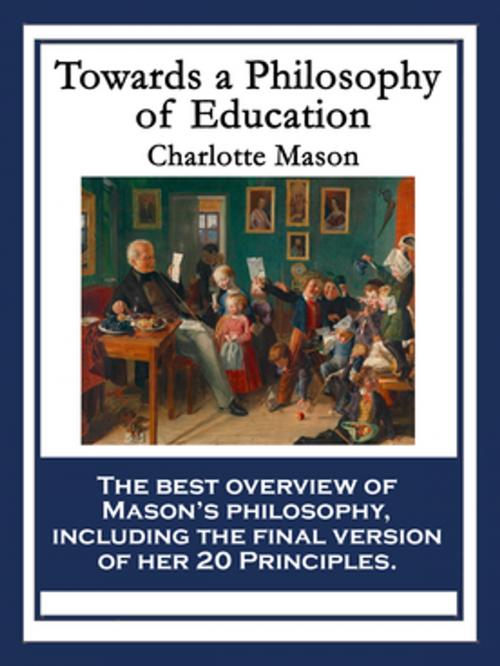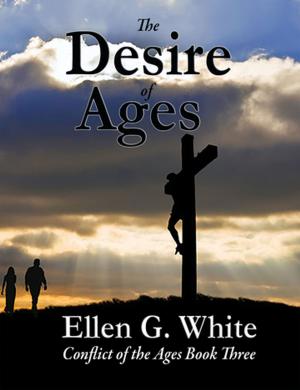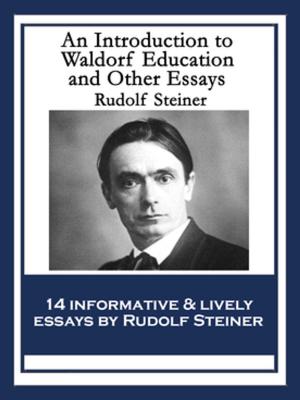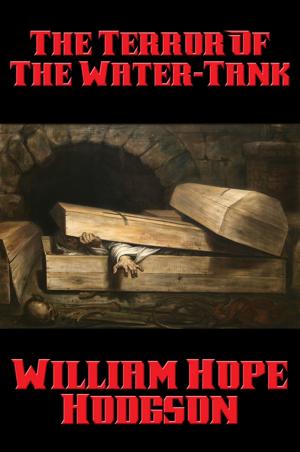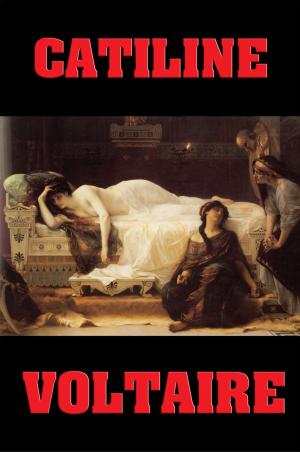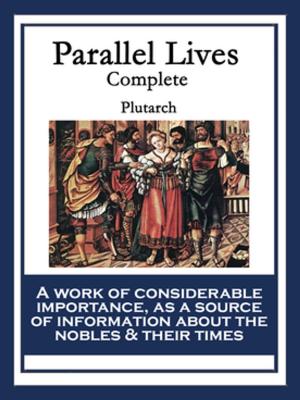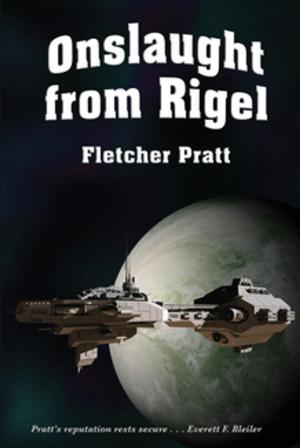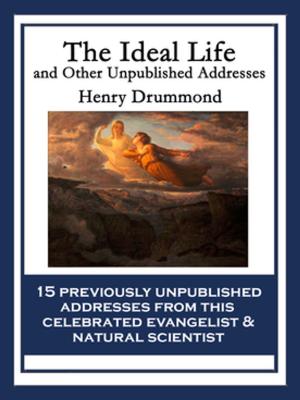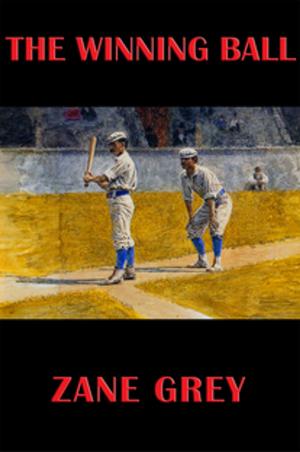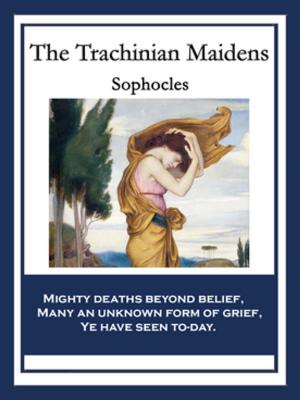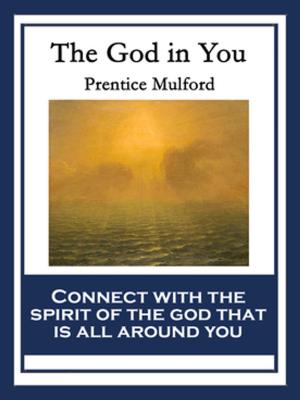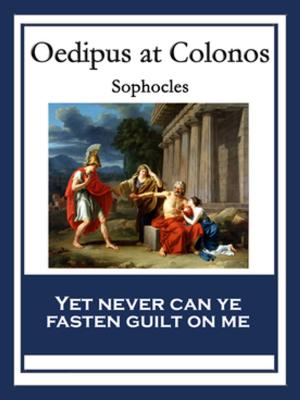Towards A Philosophy Of Education
With linked Table of Contents
Nonfiction, Religion & Spirituality, Christianity, Youth Ministries, Reference & Language, Education & Teaching, Home Schooling| Author: | Charlotte Mason | ISBN: | 9781633845947 |
| Publisher: | Wilder Publications, Inc. | Publication: | June 10, 2015 |
| Imprint: | Wilder Publications | Language: | English |
| Author: | Charlotte Mason |
| ISBN: | 9781633845947 |
| Publisher: | Wilder Publications, Inc. |
| Publication: | June 10, 2015 |
| Imprint: | Wilder Publications |
| Language: | English |
'Towards a Philosophy of Education' is Charlotte Mason's final book in her Homeschooling Series, written after years of seeing her approach in action. This volume gives the best overview of her philosophy, and includes the final version of her 20 Principles. This book is particularly directed to parents of older children, about ages 12 and up, but is a valuable overview for parents of younger children as well. Part I develops and discusses her 20 principles; Part II discusses the practical application of her theories. Charlotte Mason was a late nineteenth-century British educator whose ideas were far ahead of her time. She believed that children are born persons worthy of respect, rather than blank slates, and that it was better to feed their growing minds with living literature and vital ideas and knowledge, rather than dry facts and knowledge filtered and pre-digested by the teacher. Her method of education, still used by some private schools and many homeschooling families, is gentle and flexible, especially with younger children, and includes first-hand exposure to great and noble ideas through books in each school subject, conveying wonder and arousing curiosity, and through reflection upon great art, music, and poetry; nature observation as the primary means of early science teaching; use of manipulatives and real-life application to understand mathematical concepts and learning to reason, rather than rote memorization and working endless sums; and an emphasis on character and on cultivating and maintaining good personal habits. Schooling is teacher-directed, not child-led, but school time should be short enough to allow students free time to play and to pursue their own worthy interests such as handicrafts. Traditional Charlotte Mason schooling is firmly based on Christianity, although the method is also used successfully by secular families and families of other religions.
'Towards a Philosophy of Education' is Charlotte Mason's final book in her Homeschooling Series, written after years of seeing her approach in action. This volume gives the best overview of her philosophy, and includes the final version of her 20 Principles. This book is particularly directed to parents of older children, about ages 12 and up, but is a valuable overview for parents of younger children as well. Part I develops and discusses her 20 principles; Part II discusses the practical application of her theories. Charlotte Mason was a late nineteenth-century British educator whose ideas were far ahead of her time. She believed that children are born persons worthy of respect, rather than blank slates, and that it was better to feed their growing minds with living literature and vital ideas and knowledge, rather than dry facts and knowledge filtered and pre-digested by the teacher. Her method of education, still used by some private schools and many homeschooling families, is gentle and flexible, especially with younger children, and includes first-hand exposure to great and noble ideas through books in each school subject, conveying wonder and arousing curiosity, and through reflection upon great art, music, and poetry; nature observation as the primary means of early science teaching; use of manipulatives and real-life application to understand mathematical concepts and learning to reason, rather than rote memorization and working endless sums; and an emphasis on character and on cultivating and maintaining good personal habits. Schooling is teacher-directed, not child-led, but school time should be short enough to allow students free time to play and to pursue their own worthy interests such as handicrafts. Traditional Charlotte Mason schooling is firmly based on Christianity, although the method is also used successfully by secular families and families of other religions.
